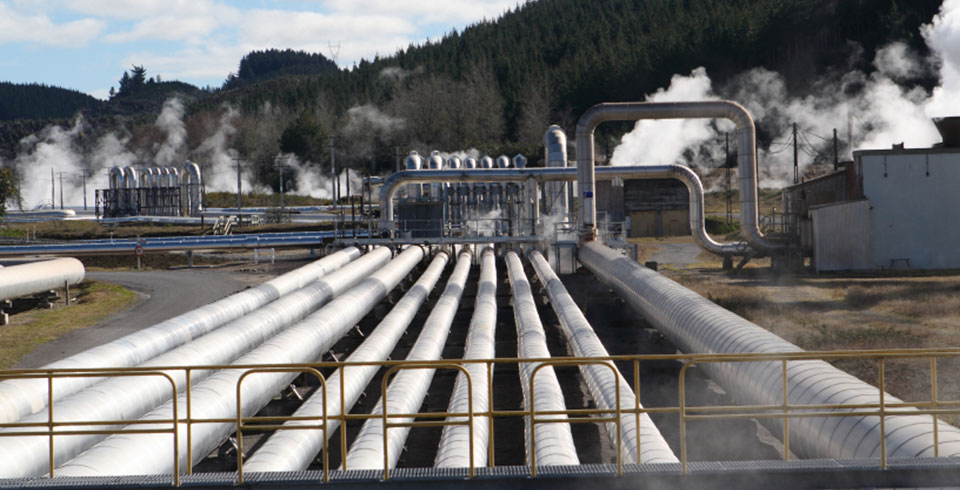
The geothermal industry, a pivotal sector in the renewable energy landscape, harnesses the Earth’s heat to generate electricity and provide heating solutions. This industry relies heavily on robust infrastructure, where specialized cables such as tray cables, communication cables, and electromechanical cables play critical roles. Understanding the specific functions and applications of these cables within the geothermal sector is key to appreciating their importance in facilitating efficient and reliable energy production.
What is Geothermal Energy?
Humans derive geothermal energy from the Earth’s internal heat, tapping into the thermal energy stored beneath the Earth’s surface to generate electricity or heat buildings. Geothermal power plants convert this heat into electricity, while geothermal heating systems use the temperature stability of the ground to heat and cool buildings.
Types of Cables Used in the Geothermal Industry
Tray Cables: Tray cables are durable, versatile cables designed to withstand harsh environmental conditions commonly found in geothermal power plants. A robust insulation typically encases them, protecting against moisture, heat, and mechanical abrasion. Tray cables power machinery, control instrumentation, and ensure efficient energy transmission from the geothermal source to the power grid.
Communication Cables: In the geothermal industry, communication cables are crucial for the operational integrity of geothermal plants. These cables facilitate data transmission between sensors, control units, and operational centers, ensuring real-time monitoring and efficient management of the energy production process. Reliable communication cables help maintain system stability and enhance safety by providing continuous feedback on plant operations.
Electromechanical Cables: Electromechanical cables in geothermal applications are designed to handle both electrical and mechanical loads. These cables often connect moving parts within geothermal plants, such as pumps that circulate water to and from geothermal wells. Their construction allows them to endure the physical stresses associated with vibration and movement, as well as the corrosive geothermal environment, which can include exposure to high temperatures and aggressive chemicals.
Importance in the Geothermal Industry
The harsh conditions of geothermal energy production demand cables that can perform under extreme stress. Tray cables, communication cables, and electromechanical cables are specifically designed to meet these challenges, ensuring that geothermal plants operate smoothly and efficiently. The durability and reliability of these cables reduce downtime and maintenance costs, enhancing the overall efficiency of geothermal energy systems.
Enhanced Safety: The use of appropriately specified cables minimizes the risk of electrical failures, which can lead to safety hazards and operational interruptions.
Operational Efficiency: High-quality cables ensure uninterrupted power supply and communication, critical for the continuous operation of geothermal plants.
Longevity and Sustainability: Durable cables designed for geothermal environments withstand prolonged exposure to extreme conditions, contributing to the sustainability of geothermal operations by reducing the need for frequent replacements.
Conclusion
In conclusion, the selection of the right types of cables is fundamental to the successful operation of geothermal energy systems. Tray cables, communication cables, and electromechanical cables each play vital roles in ensuring that geothermal facilities can produce energy reliably and efficiently. As the demand for renewable energy sources like geothermal continues to grow, the importance of these specialized cables will only increase, underscoring their pivotal role in the sustainable energy landscape.

